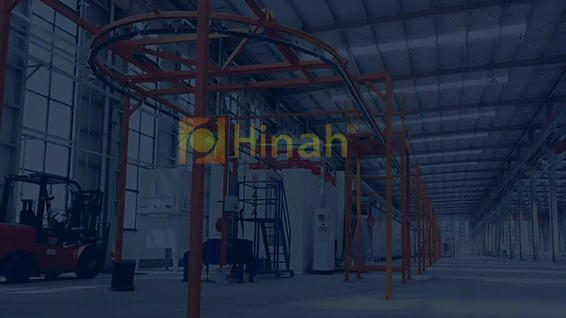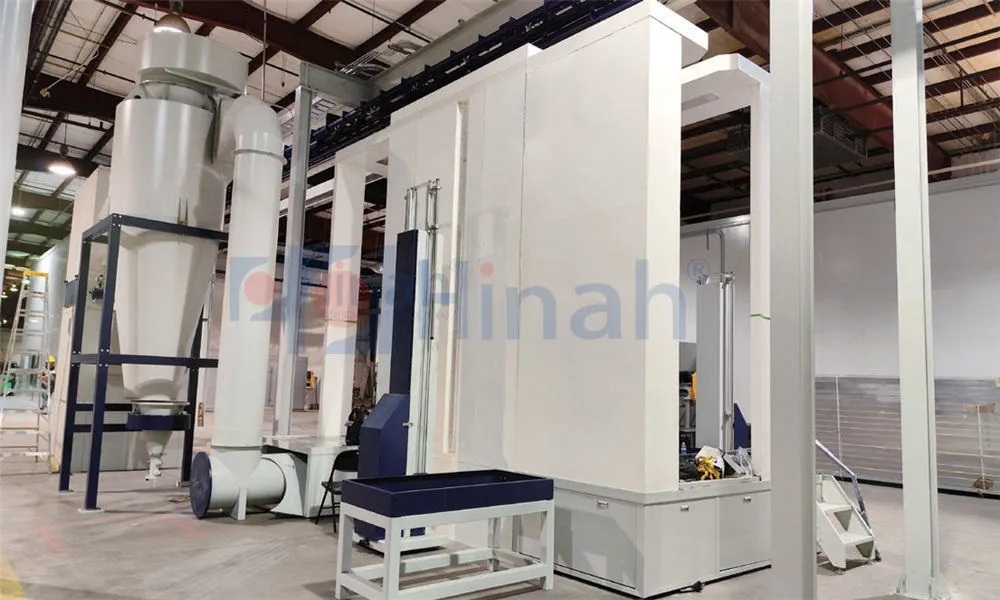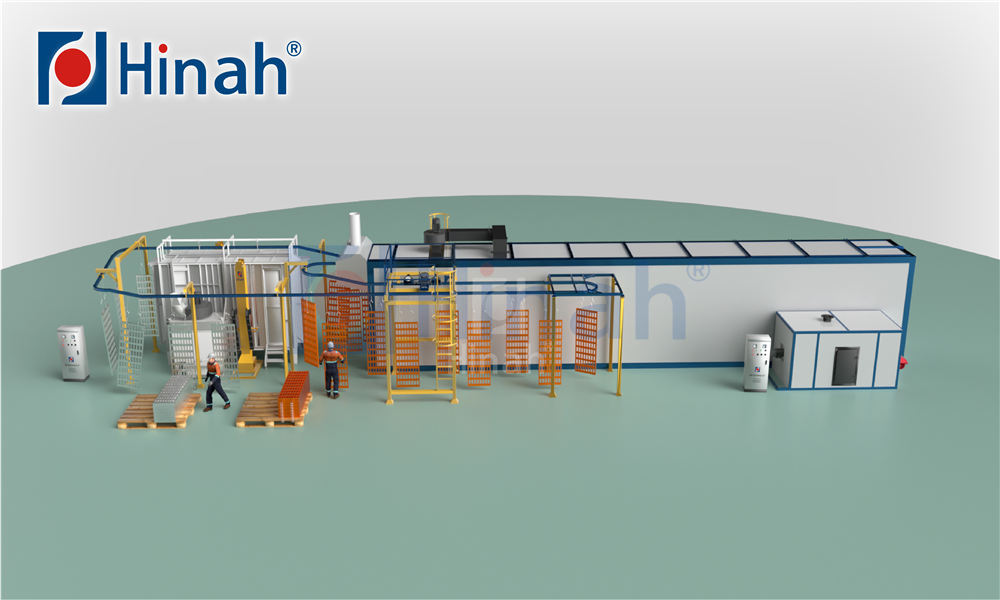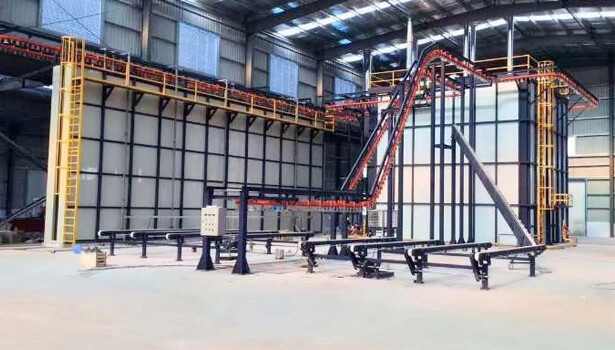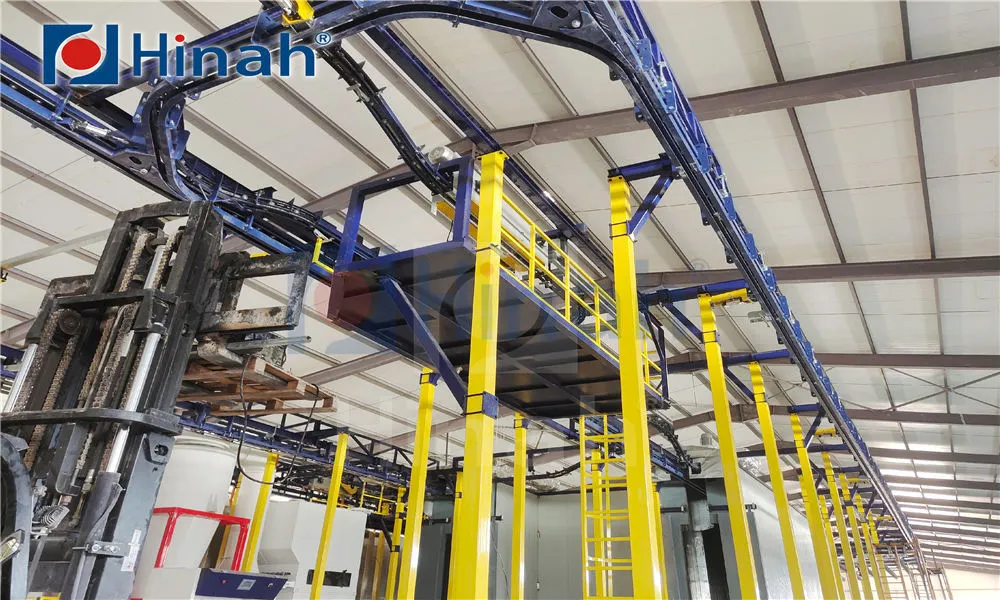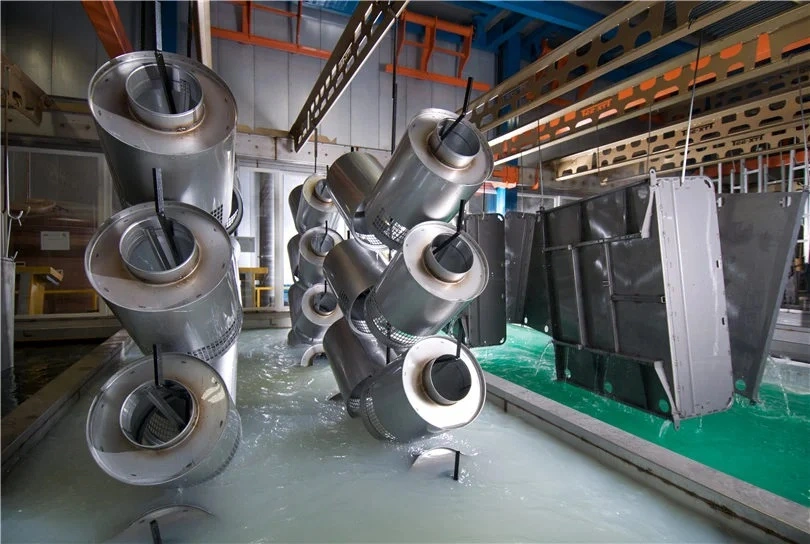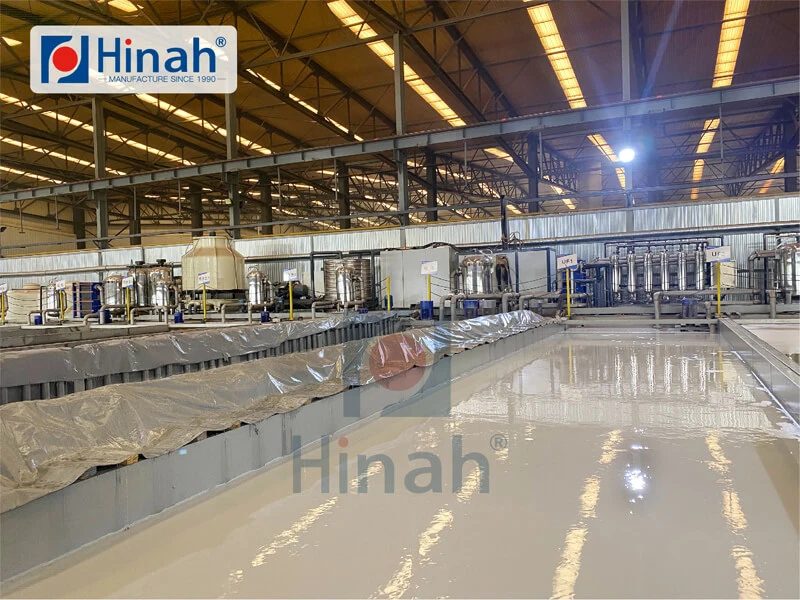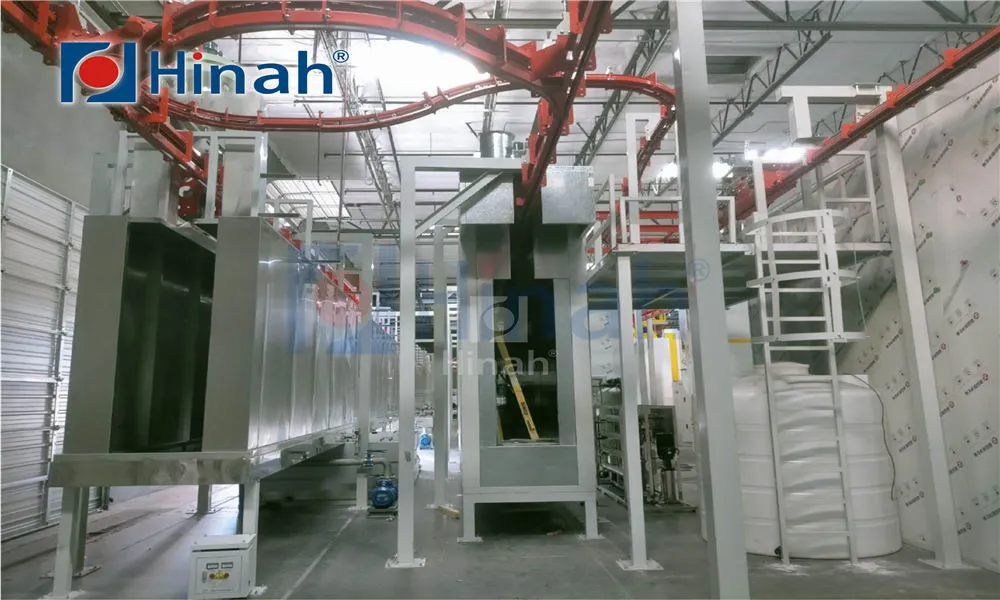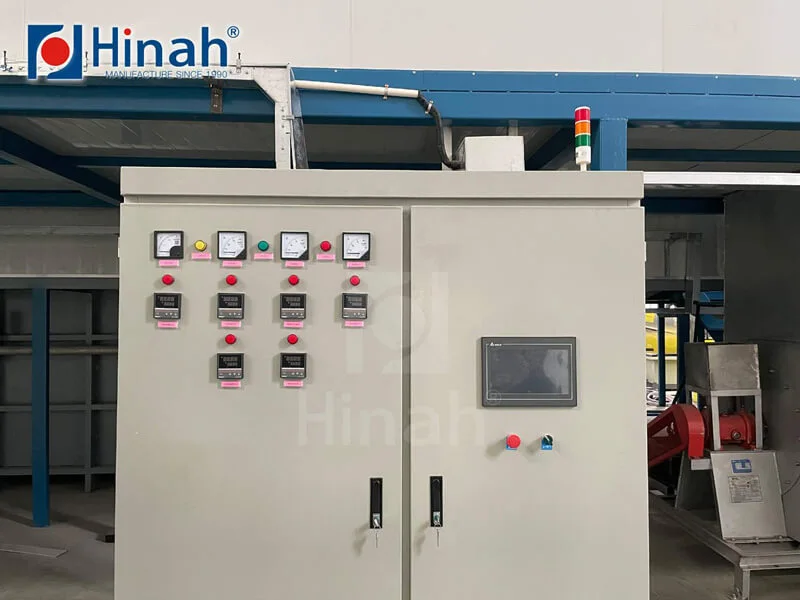When it comes to setting up or upgrading a coating line, choosing the right powder coating oven suppliers is a critical decision that impacts efficiency, quality, and overall profitability. Powder coating has become a preferred finishing method across industries due to its durability, environmental benefits, and cost-effectiveness. However, the success of any powder coating manufacturing process hinges on the equipment used, particularly the oven, which cures the coating to perfection. This article delves into the essentials of powder coating systems, the specifics of processes like plastic powder coating process, and practical advice on how to Buy Powder Coating Oven while considering the Powder Coating Oven Price. We'll also address common challenges and questions to help you make an informed choice. Whether you're a small workshop or a large-scale manufacturer, understanding these elements ensures you partner with reliable suppliers who can meet your unique needs.
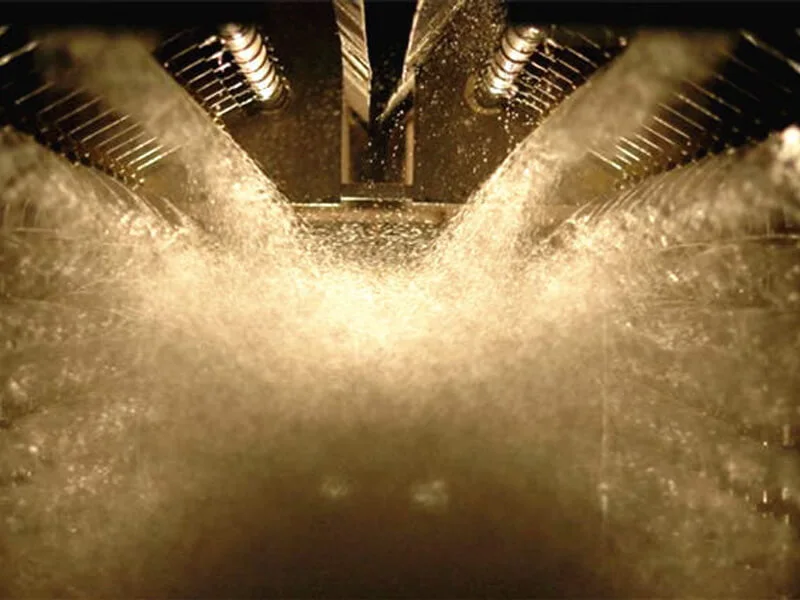
Understanding Powder Coating Manufacturing
Powder coating manufacturing involves applying a dry powder to a surface and then curing it under heat to form a hard, protective layer. This method is widely used in automotive, aerospace, furniture, and consumer goods industries due to its superior finish compared to traditional liquid coatings. The process starts with surface preparation, such as cleaning and phosphating, followed by powder application using electrostatic spray guns. The coated item then enters a curing oven, where heat triggers a chemical reaction that bonds the powder into a continuous film.
The role of powder coating oven suppliers is pivotal here, as the oven must maintain precise temperature control and uniform heat distribution to avoid defects like orange peel or incomplete curing. In modern powder coating systems, ovens are designed for energy efficiency and automation, integrating with other components like pretreatment stages and spray booths. For businesses, investing in high-quality equipment from reputable suppliers ensures consistent output, reduces waste, and supports sustainable practices. As you explore powder coating manufacturing, remember that the oven is the heart of the operation—selecting the right supplier can streamline your production and enhance product longevity.
Overview of Powder Coating Systems
A complete powder coating systems typically includes several integrated components: pretreatment equipment, application tools, curing ovens, and material handling systems. These systems work together to ensure a seamless workflow from start to finish. Pretreatment involves cleaning and conditioning the substrate to improve adhesion, often through washers or chemical baths. Next, powder application units, such as automatic or manual spray guns, electrostatically charge the powder particles for even coverage.
The curing oven is where powder coating oven suppliers play a crucial role. These ovens can be convection, infrared, or combination types, each suited for different applications. For instance, convection ovens use heated air for uniform curing, ideal for complex shapes, while infrared ovens offer faster curing times for flat surfaces. When evaluating powder coating systems, consider factors like production volume, part size, and energy sources. Suppliers often provide customized solutions, so discuss your requirements thoroughly. Additionally, the plastic powder coating process may require specific oven settings to prevent overheating or warping, highlighting the need for versatile systems. By understanding the interplay of these components, you can optimize your setup and choose suppliers who offer comprehensive support.
The Plastic Powder Coating Process Explained
The plastic powder coating process is a specialized application used for substrates like thermoplastics or composites, which require lower curing temperatures than metals. This process involves unique challenges, such as preventing thermal degradation, and demands ovens with precise temperature controls. Typically, plastics are coated using low-temperature powders that cure at around 250-300°F (120-150°C), compared to 350-400°F (175-205°C) for metals.
Powder coating oven suppliers must account for these nuances by designing ovens with accurate thermostats and airflow systems to avoid hot spots. The process begins with surface activation, often through flame treatment or primers, to ensure adhesion. Then, powder is applied and cured in a carefully calibrated oven. This is common in industries like electronics or automotive interiors, where plastic parts need durable, aesthetic finishes. When planning a plastic powder coating process, work with suppliers who have experience in this area—they can advise on oven specifications, such as infrared elements for rapid heat-up, to maintain part integrity. Integrating this into your powder coating manufacturing line requires careful planning, but it opens doors to lightweight, corrosion-resistant products.
How to Buy a Powder Coating Oven
Deciding to Buy Powder Coating Oven involves several steps to ensure you get the right equipment for your needs. First, assess your production requirements: volume, part dimensions, and coating materials. For example, high-volume operations might need conveyorized ovens, while batch ovens suffice for smaller runs. Next, research reputable powder coating oven suppliers—look for companies with positive reviews, industry certifications, and after-sales support.
When evaluating options, consider oven types: batch ovens are cost-effective for varied workloads, whereas continuous ovens integrate into assembly lines for efficiency. Energy efficiency is another key factor; electric or gas-powered ovens have different operational costs, so calculate long-term expenses. The Powder Coating Oven Price varies widely based on size, features, and customization, ranging from $5,000 for basic models to over $50,000 for industrial systems. Request quotes from multiple suppliers and compare warranties, installation services, and compliance with safety standards like OSHA. Also, inquire about compatibility with your existing powder coating systems to avoid integration issues. By taking a methodical approach, you can Buy Powder Coating Oven that boosts productivity without overspending.
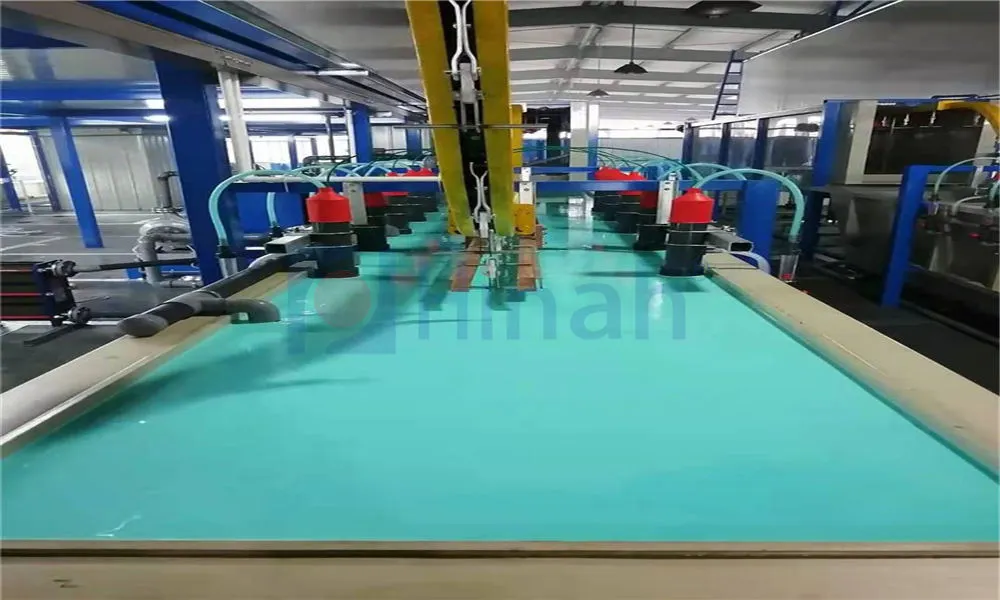
Factors Affecting Powder Coating Oven Price
The Powder Coating Oven Price is influenced by several variables, making it essential to understand what drives costs. Size and capacity are primary factors—larger ovens for big parts or high throughput command higher prices. Customization, such as special insulation or control systems, also adds to the cost. For instance, ovens with programmable logic controllers (PLCs) for automation may be pricier but offer better precision.
Energy source is another determinant; electric ovens tend to have lower upfront costs but higher operating expenses, while gas ovens might be more expensive initially but cheaper to run. Additionally, the type of oven—convection, infrared, or hybrid—affects the Powder Coating Oven Price. Infrared ovens are often more expensive due to their efficiency but can reduce curing times. When consulting powder coating oven suppliers, ask about hidden costs like installation, maintenance, and spare parts. Budgeting for these aspects ensures no surprises. Remember, a higher Powder Coating Oven Price might justify itself through durability and energy savings, especially in intensive powder coating manufacturing environments. Always weigh initial investment against long-term benefits.
When engaging with powder coating oven suppliers, buyers often have questions to avoid pitfalls. Here are some frequently asked questions and answers:
What should I look for in a reliable powder coating oven supplier?
Choose suppliers with a proven track record, customer testimonials, and technical support. They should offer customization options and comply with industry standards. Ensure they understand your specific needs, whether for general powder coating systems or specialized applications like the plastic powder coating process.
How do I maintain a powder coating oven?
Regular maintenance includes cleaning filters, inspecting heating elements, and calibrating controls. Suppliers typically provide guidelines—follow them to extend oven life and prevent downtime in your powder coating manufacturing.
What are common issues with powder coating ovens?
Problems include uneven heating, which causes curing defects; energy inefficiency leading to high costs; and component failures. Working with experienced powder coating oven suppliers can mitigate these through proper design and service agreements.
Can I upgrade an existing oven?
Yes, many suppliers offer retrofit options to improve efficiency or add features. Discuss upgrades when you Buy Powder Coating Oven to future-proof your investment.
How does the Powder Coating Oven Price vary by application?
Ovens for high-temperature metal curing are generally more robust and expensive than those for low-temperature plastic powder coating process. Suppliers can tailor solutions based on your requirements.
By addressing these questions, you can navigate the selection process confidently and build a successful partnership with suppliers.
Selecting the right powder coating oven suppliers is a strategic decision that influences every aspect of your coating operations. From understanding the fundamentals of powder coating manufacturing to mastering specialized processes like the plastic powder coating process, a well-chosen oven integrates seamlessly into your powder coating systems. When you Buy Powder Coating Oven, prioritize factors beyond the initial Powder Coating Oven Price, such as energy efficiency, support, and scalability. By doing so, you'll enhance product quality, reduce costs, and stay competitive. If you're in the market, take time to research and consult multiple suppliers—your investment will pay off in durable, high-quality finishes that meet industry demands.


